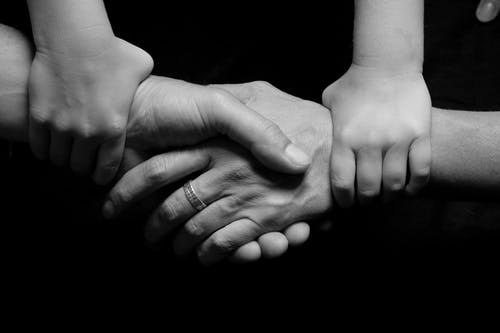Addiction is a mental health disorder characterized by compulsive engagement in activities despite the potential for physical, psychological, social or financial detriment. It is a complex and pervasive issue that affects all aspects of an individual’s life. From substance use to gambling, compulsive eating and viewing of pornography, addiction has a profound impact on physical and mental health, relationships, work and school life, social interactions, finances and even the overall quality of life.
Addiction often manifests in our lives as a progressive disease that takes over with seemingly no warning. It can start with a seemingly harmless activity, such as occasionally playing the slots or having one too many drinks, but as it develops, this activity can start to consume our time, energy and resources. Addiction quickly becomes a major part of life, one that tends to interfere with our work or school performance, relationships, physical health, and social interactions.
The consequences of addiction can be devastating, both to the person struggling with the disorder and to their friends and family. People who are addicted to substances often find themselves participating in risky behaviors, such as unprotected sex or driving under the influence of alcohol or other intoxicants. They might also engage in activities that put them at risk of legal issues, financial ruin, or injury to themselves or others. Overdose is a major risk factor for addicts, especially given the potency of some illicit substances. Those addicted to gambling or other activities can easily find themselves in deep financial trouble due to their compulsion.
The mental and emotional toll of addiction can also be significant. People with addiction often feel isolated, as they are increasingly more likely to engage in activities in which they are likely to be judged or viewed negatively. That, coupled with the inner turmoil they feel as a result of their reliance on a particular substance or activity, can also lead to feelings of guilt, shame and helplessness. Mood disorders such as depression and anxiety are not uncommon among people with addiction.
Fortunately, proper understanding of addiction and how it works can go a long way in helping individuals cope with and overcome it. Professional counseling and therapy, support groups, and medications can all help in the treatment of the condition. Alcoholics Anonymous and Narcotics Anonymous are two of the most popular support groups for those with substance use disorders, while Gamblers Anonymous is another option for those with issues related to gambling or compulsive behavior.
No matter what type of addiction an individual is grappling with, there is hope in the form of understanding and getting professional help. Addiction doesn’t have to define a person; it can be dealt with effectively to ensure a much happier and healthier lifestyle. Owning up to the fact that there is an issue and seeking professional assistance can help an individual reclaim control over their life and make a fresh start, one step at a time.








